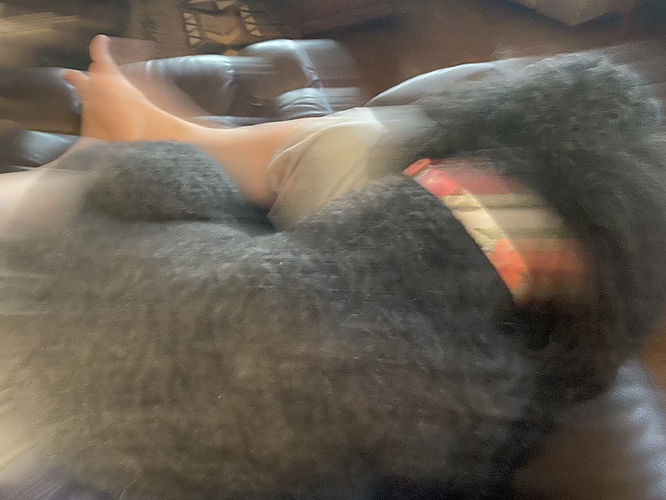Haven’t read through all the comments, so much chatter that has nothing to do with MB update. One thing I haven’t seen discussed, I may have missed it in the past - does anyone know if MB carried liability insurance as any professional would and should? Had he been found guilty the insurance carrier would have excluded the claim in that he caused harm intentionally. But now that he was found NGRI, the insurance company should be handling any defense of claims in the civil matter. This is what has me confused as his new girlfriend mentioned they are trying to raise 300k for his ongoing attorney fees. If MB did not have a professional liability policy, then it’s one more thing, in my opinion, that he was irresponsible about. If he does have a policy, why isn’t his attorney letting the insurance company handle the defense and counterclaim? If the insurance company is denying a claim, why isn’t there a bad faith lawsuit filed against the insurance company?
If the insurance company is perhaps paying the criminal attorney to defend the claim (which would be irregular), then why is the girlfriend trying to get people to donate 300k? Why would MB throw away thousands of dollars to some other attorney instead of allowing the insurance company handle the lawsuit?
For any folks who want to read an extensive legal article regarding insanity and insurance claims, Catherine Salton’s article “Mental Incapacity and Liability Insurance Exclusionary Clauses: The Effect of Insanity upon Intent” which appeared in the California Law Review, covers many cited cases, most notably a New Jersey case:
"…In 1963, the New Jersey Supreme Court handed down a decision which quickly became the leading case concerning the effect of insanity on the operation of intentional act exclusionary clauses in insurance policies. Ruvolo v. American Casualty Co. 32 concerned a physician, Anthony Ruvolo, who shot and killed another physician with whom he had practiced medicine. At the time of the killing, Ruvolo had a personal liability insurance policy in effect, which was issued by the defendant insurer. This policy provided that the company would pay all sums that Ruvolo "‘shall become legally obligated to pay as damages’ because of the death of any person resulting from [his] ‘activities.’ ",133 The coverage was limited by an exclusionary clause providing that the policy did not apply to death "caused intentionally by or at the direction of the insured.
The victim’s widow filed a wrongful death suit, which Ruvolo’s insurer refused to defend on the ground that the death had been caused by Ruvolo’s intentional act. The guardian of the insured then filed a declaratory judgment action against his insurer, seeking to establish that the policy afforded coverage.1 35 The insurer’s defense was that the intentional act exclusion clause applied. The trial court, relying upon psychiatrists’ affidavits that Ruvolo was insane at the time of the killing and
lacked the capacity to form a rational intent to kill, granted summary judgment for the plaintiff.136…"



